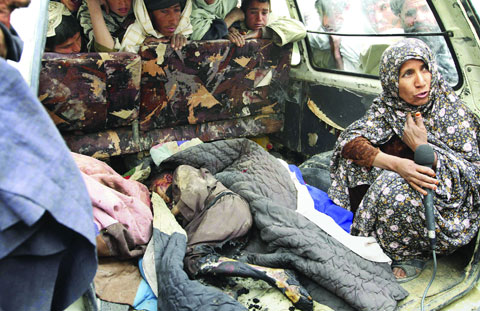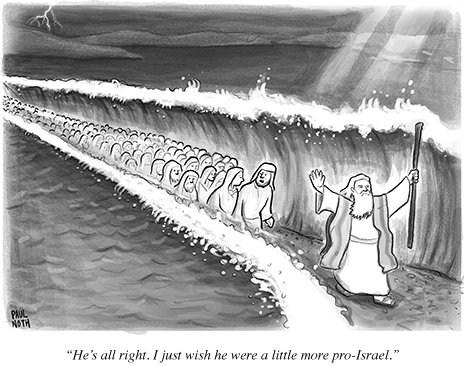At least 18 Palestinians have been killed and more than 70 wounded in Israel’s latest set of airstrikes in Gaza. The vast majority of these casualties have been civilians. By contrast, three Israeli civilians have been wounded by rocket fire.
In response to this, the U.S. has condemned Palestinian violence. “We condemn in the strongest terms the rocket fire from Gaza by terrorists into southern Israel,” said U.S. Secretary of State Hillary Clinton. “We call on those responsible to take immediate action to stop these cowardly acts. And we call on both sides to make every effort to restore calm.”
In cases of Israeli attacks on Palestinian civilians, the victims often are dehumanized and disregarded, as is the case here. But the hypocrisy runs pretty deep. Think about how quickly warmongers in Washington jumped to argue we should be arming militants in Syria who were resisting a brutal government crackdown. In Gaza – the target of constant violence and economic warfare – the U.S. demands all Palestinians renounce violence completely. As’ad AbuKhalil:
Western governments never expressed sympathy for the Syrian people: as victims of the Assad regime and as victims of Israeli occupation and brutality. Yet, Western governments were quick to call for arming the Syrian people only months after the uprising began.
The Palestinians, however, have never been treated with such permissiveness. No matter how much massive violence is inflicted on them, and no matter how many massacres they suffer, Western governments insist that the Palestinian people (and any other people living under Israeli occupation) have no right to resort to arms to liberate their lands and to “protect their civilians.”
It should be noted that Hamas did not take responsibility for the rocket fire that supposedly prompted the Israeli airstrikes. Indeed, they have been developing an explicitly non-violent approach of late. That means the extremely disproportionate Palestinian casualties are an even more blatant case of collective punishment by Israel.






